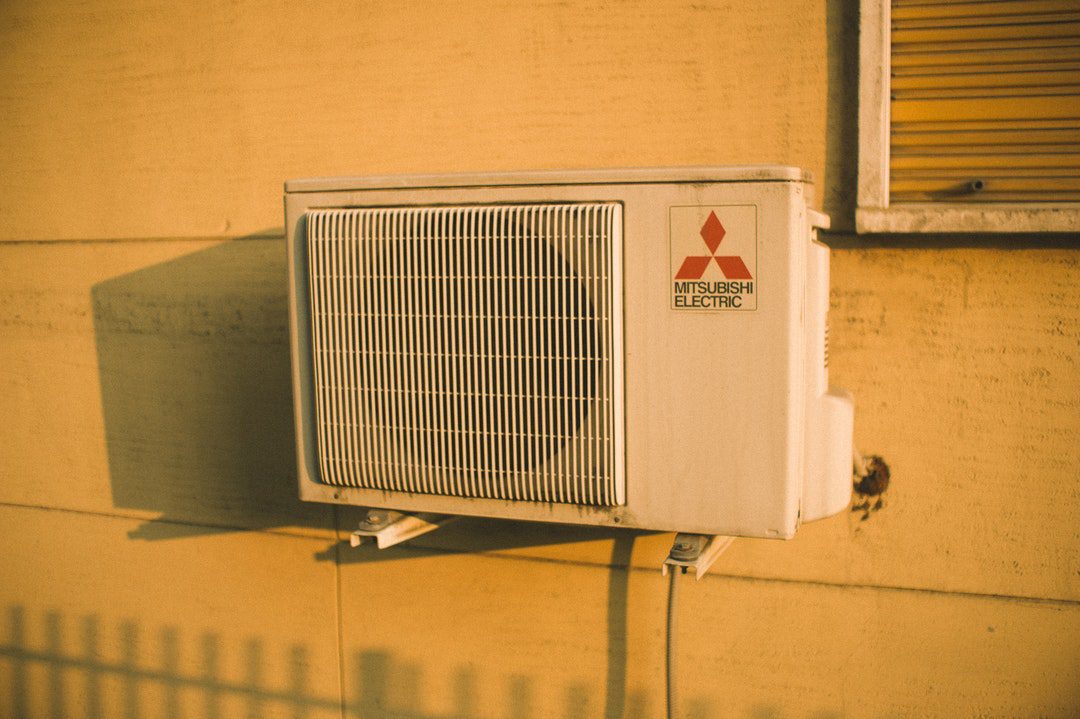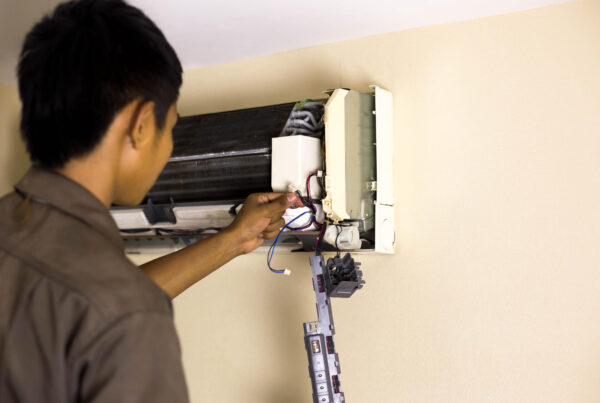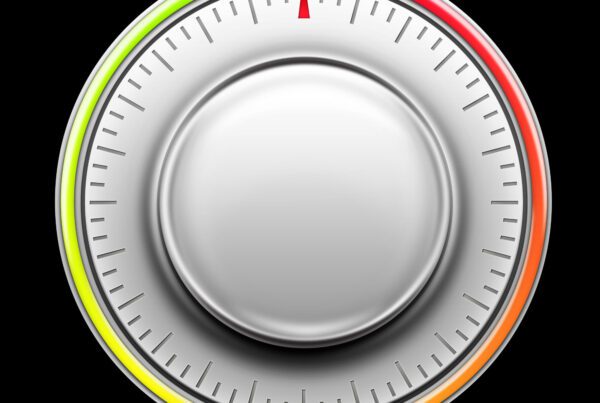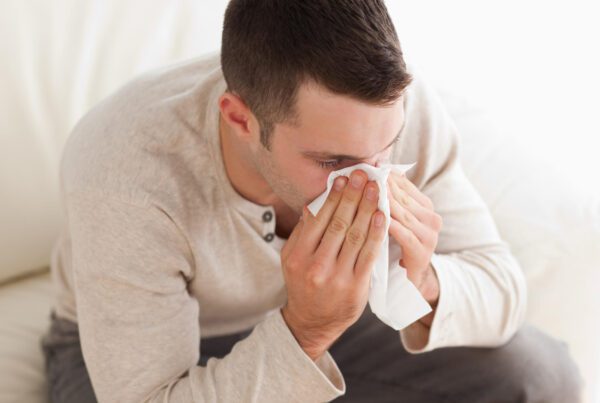In the United States, 87% of all households rely on air conditioners to keep cool during the summer. With over 127 million households, that means the U.S. has more than 100 million AC units installed in homes!
No wonder homeowners in the country spend about $29 billion every year on home cooling alone. After all, hot environments are very uncomfortable and can even be downright dangerous. Especially in New Caney, Texas, where summer temps can go up to 95 degrees Fahrenheit.
That said, it’s understandable to worry if your AC suddenly doesn’t turn on. But that doesn’t mean you already need AC repair! The issue may only be a switch in the wrong position or an annoying power outage.
So, before you call in the pros, give these 10 things a look-see first.
1. The AC Switch
Most air conditioners have a switch placed near the indoor unit. Like regular light switches, these power the AC on and off.
Since they look like normal switches, someone may have accidentally flicked them off. So, before you ring up your AC repairman, try putting the switch in reverse first to see if this will power on the unit.
2. The Power Supply
If the power switch is in proper position and the unit still doesn’t turn on, check your circuit breaker. It’s possible you’re only dealing with a tripped breaker and not a busted air conditioner.
So, how can you tell it’s an issue with your home’s main power supply? First, check for power on your other electronics within the same room as your AC. You can also try turning on the lights to see if they’ll go on.
If not, then locate the breaker that supplies electricity to the area where you have the AC installed. If the breaker tripped, the lever would be on the OFF position. Reset this by pulling (or pushing) the lever back to the ON position.
If a fuse in the breaker blew out, you’d need to replace this.
3. The Thermostat
Is your room or entire home not cool enough? Then the cause may be something as simple as an improper thermostat setting. That said, check the thermostat first before you call for AC repair in New Caney, Texas.
During the summer, the recommended thermostat temperature is 78 degrees Fahrenheit. But, someone in your household may have felt a little too chilly and bumped the setting a few notches up.
It’s also possible the batteries in the thermostat are running low or have completely run out. If the digital display flickers or doesn’t show anything, swap the old batteries with fresh ones.
4. The Air Filter
A clogged filter can also be the culprit behind your faulty air conditioner. When these accumulate too much dust, debris, and pollutants, they can hinder the unit’s airflow.
When that happens, the unit will be unable to send cool air throughout the room. Fail to replace the filter ASAP, and the debris can end up inside the unit’s more sensitive components. This can lead to an even more expensive air conditioner repair bill.
Also, dirty AC filters can lower your home’s indoor air quality. Poor IAQ is a huge problem, with some homes having indoor air that’s up to five times more polluted than outdoor air!
Prevent these problems by replacing air conditioner filters at least twice a year. Once before spring comes around, and another before fall. But if you live in a highly-polluted area or you have pets, you should change them more often.
Here’s a plus: Clean and fresh AC filters can help reduce energy consumption by anywhere from 5 to 15%! So, aside from having a fully-functional AC, new filters can also help you save money on cooling costs.
5. The Condensate Pan
Warm air that passes over very cold AC evaporator coils turns into condensation. These water droplets then fall into the condensate pan found right below the coils. The collected water goes through the pan’s draining system.
Sometimes though, debris can block the drain, which then leads to a water build-up. This can trigger the built-in overflow safety feature of AC units. When this happens, your air conditioner will shut down.
If the AC doesn’t power on, the condensate pan is one of the first things you should check. Pooled up water or a leaking air conditioner means something is clogging up the drain. Remove the water from the pan and get rid of any obstruction.
6. The Panels on the Air Handler
Loose panels on an AC’s air handler can also cause the unit to shut down. These panels have switches that cut energy flow in case a panel gets detached or becomes loose.
If it’s a simple case of a loose panel, you only have to tighten or reattach it with simple tools like a screwdriver. But make sure you turn off your home’s circuit breaker before getting to work! This’ll keep you safe from accidental electrocution.
But in case a panel gets completely dislodged or damaged, it’s best to call an AC repair technician. It’s possible that some interior components also sustained damages.
7. The Supply Vents
Dirty AC supply vents can also be causing the unit to not produce enough cool air. So, make sure that these are always clear of any obstructions.
8. The External Unit
Look for and clear any debris obstructing your air conditioner’s external unit too. Overgrown grass, weeds, plastic, and snow can be blocking the outside unit.
9. The Cables
Check (but don’t touch) the visible cables of your air conditioning system for damages. This may come as a surprise, but rats and mice can chew on house wiring, including those for your AC unit!
If you see chewed-on cables, it’s possible that these pests have bitten off the metal wires inside. You need a professional AC repair tech for that (as well as a pest control service).
10. Your Electricity Company
This may sound obvious but humor us. Many times, people — especially those tired from work — worry when the AC doesn’t turn on right away. But the problem may not be within the unit itself, but the electricity company.
There may be a power outage caused by a down system or a cut power line. Whatever the cause of the outage, it’ll stop your AC from powering on.
No Changes? You Likely Need AC Repair
In case none of the ten above are to blame for your non-working air conditioner, then you likely need to call the pros. A refrigerant leak, a busted motor, or a burned capacitor may be the culprit. These are more complex problems, so they warrant an expert AC repair technician.
If you find yourself without cool air in the middle of the night or during a holiday, please don’t hesitate to ring us up. We’ll have an emergency AC technician resolve your AC problems regardless of the time or day of the week!





